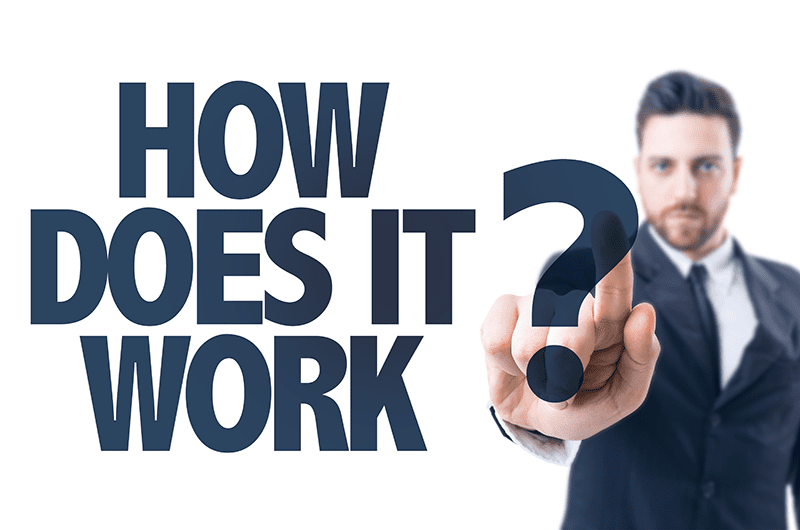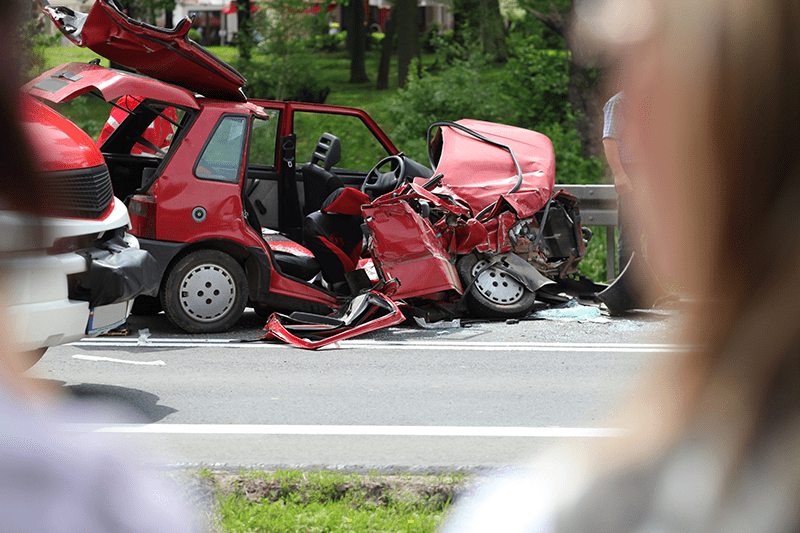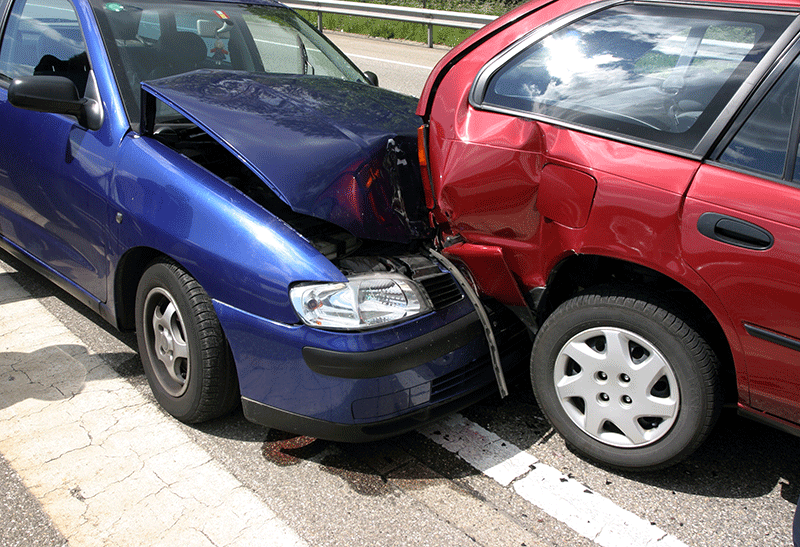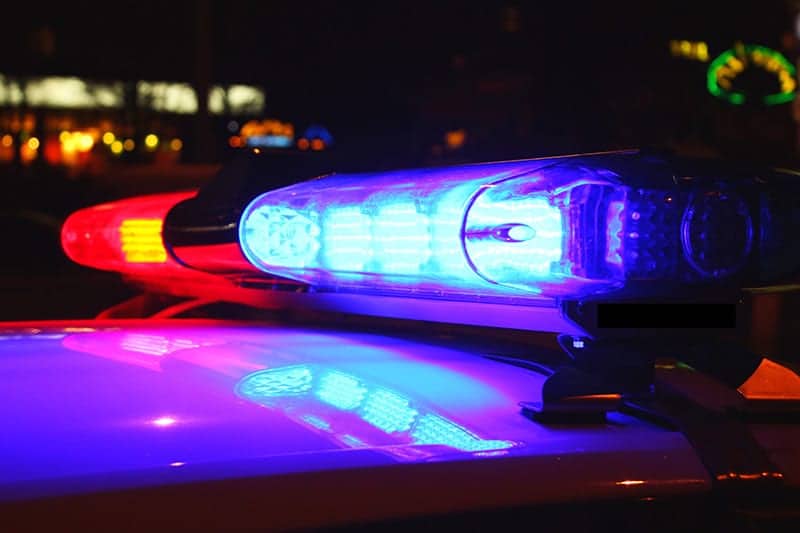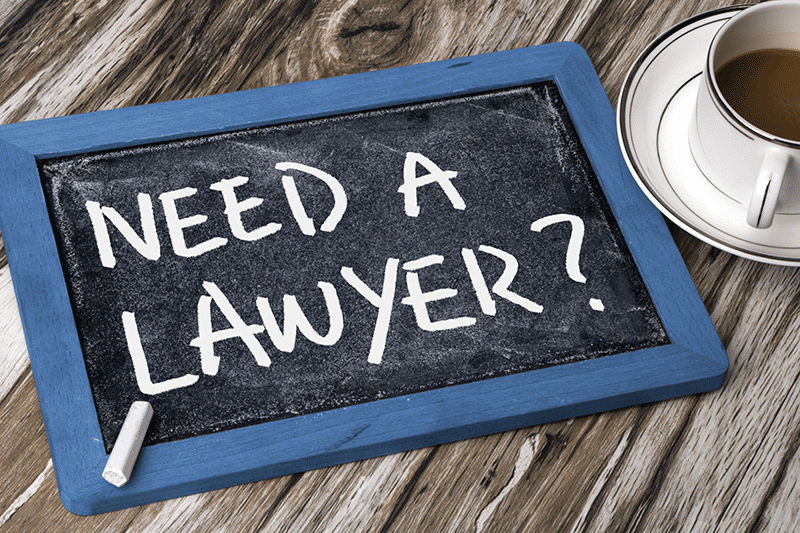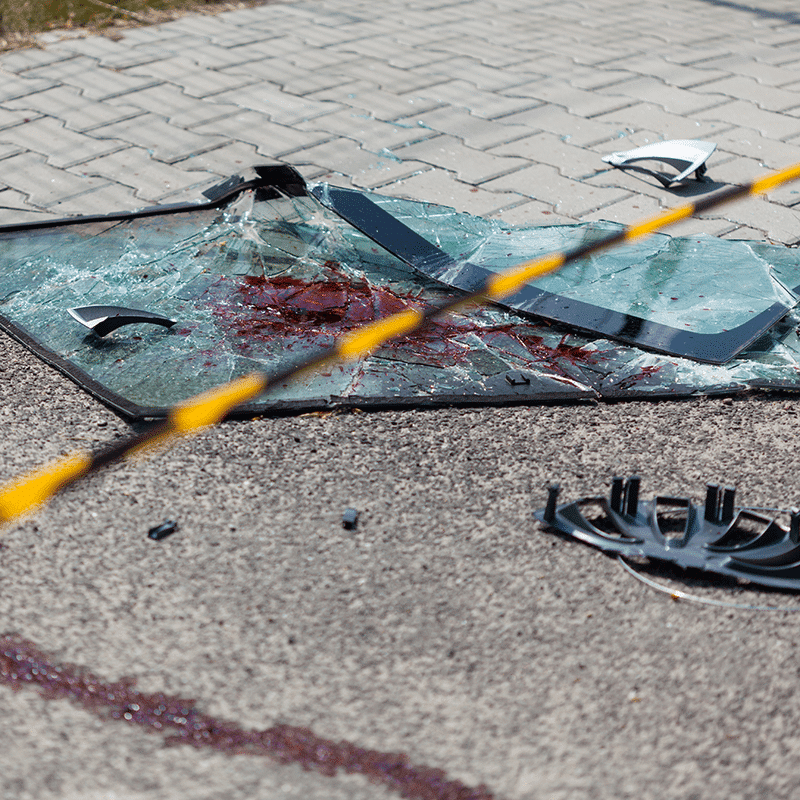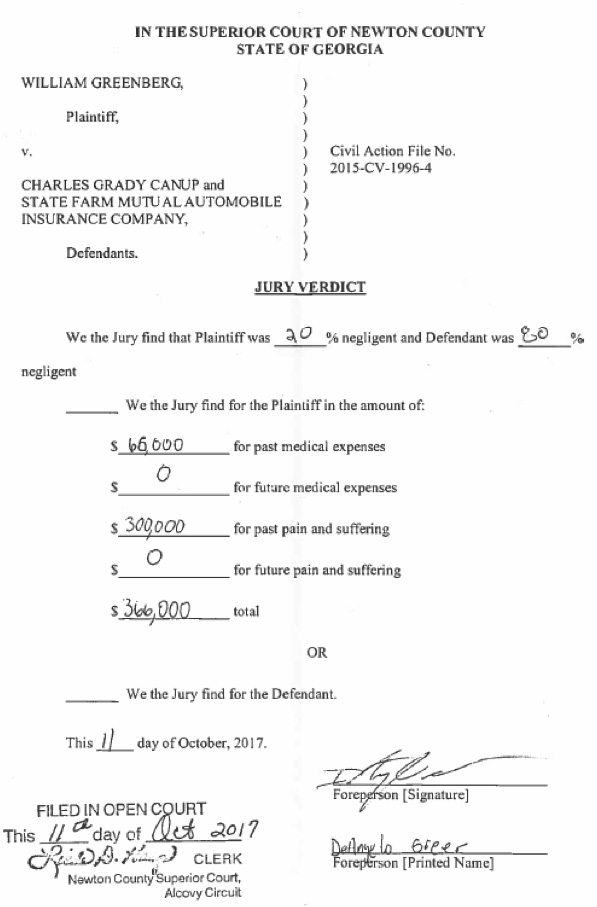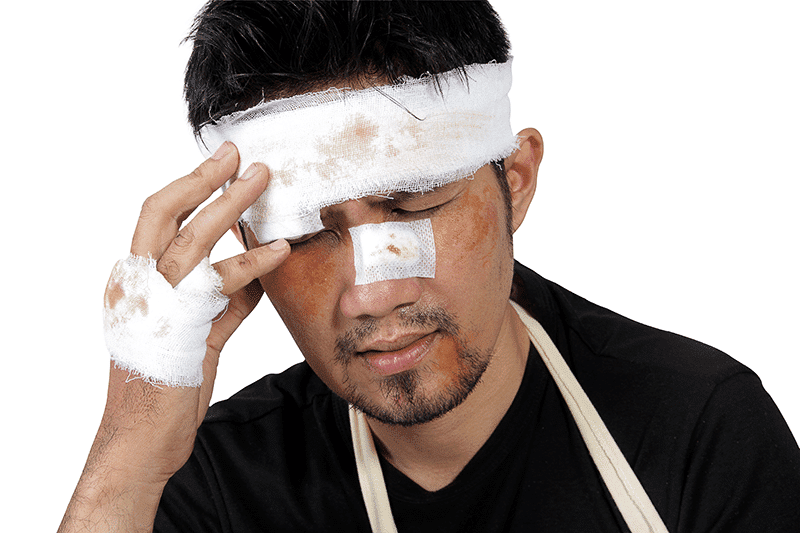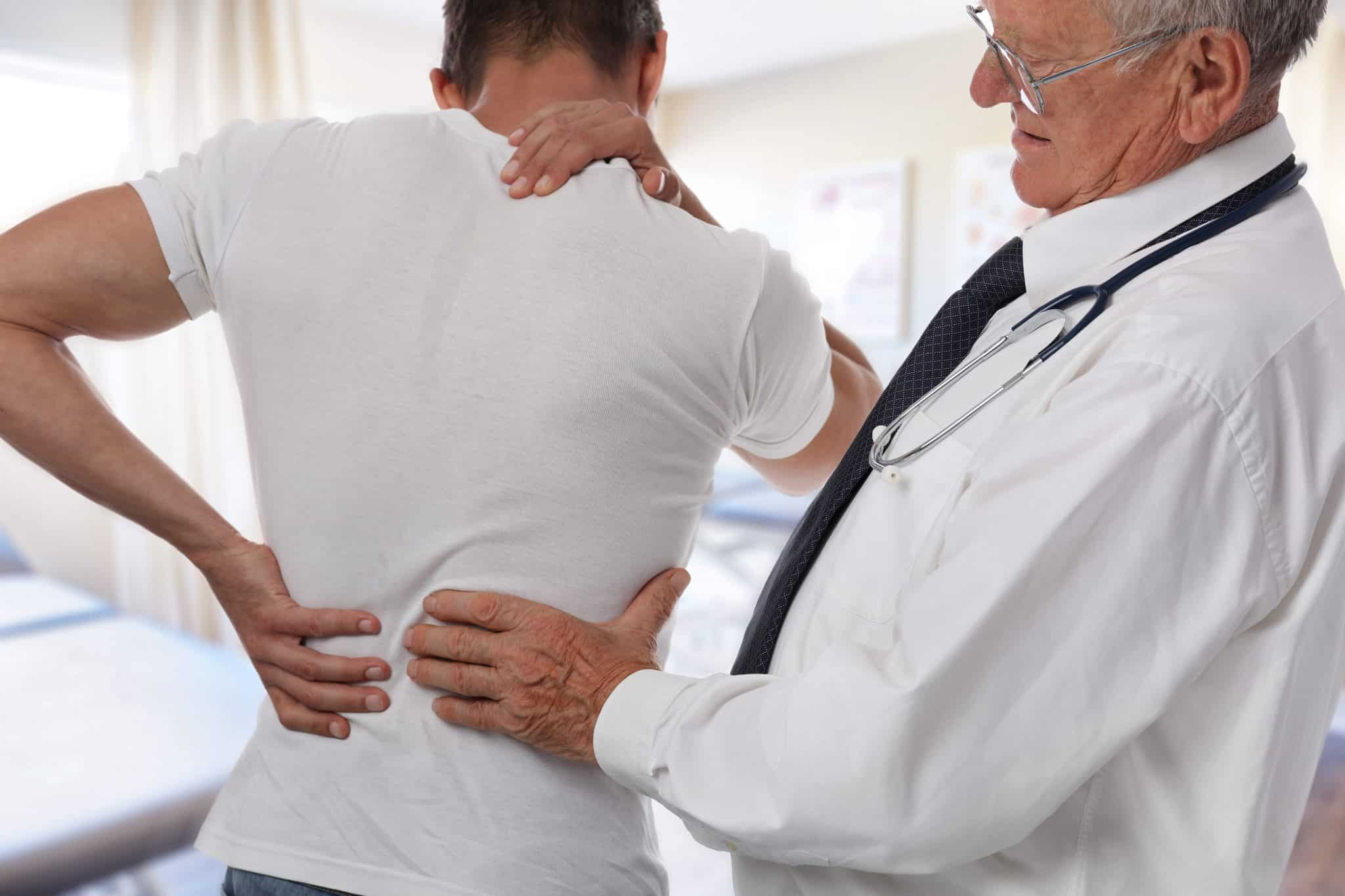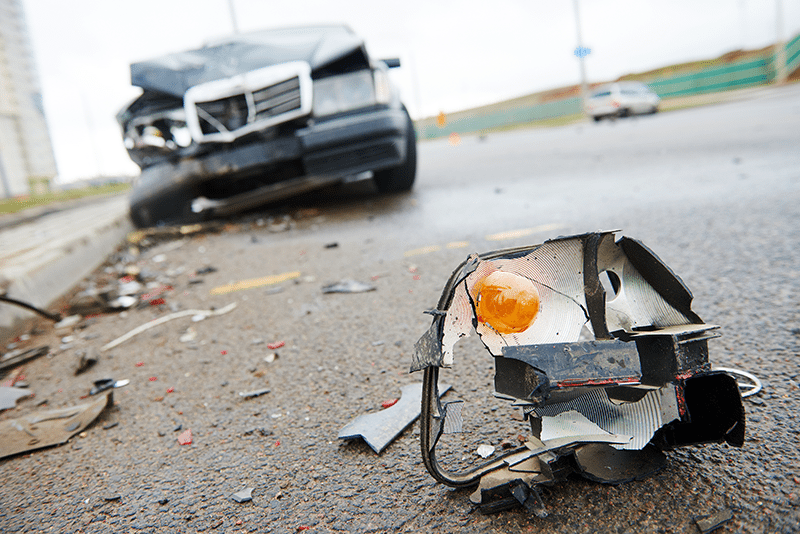Pre-suit settlement demands are effective tools for resolving Georgia automobile wreck cases. If an Georgia car accident victim has a legitimate claim for compensation, the next step is usually not heading straight to court to file a lawsuit. Rather, it usually makes sense for the victim’s attorney to send the other party a pre-suit settlement demand. Pre-suit settlements are common when the facts of a case are cut-and-dry. Even when there are some disagreements, a pre-suit settlement can be useful to jump start negotiations.
The primary rule governing a pre-suit settlement demand in Georgia is found in Official Code of Georgia Title 9 Article 11 Section 67.1 (O.C.G.A. § 9-11-67.1). This statute lays out specific requirements that must be met in order for a pre-suit settlement offer to be valid. By making a valid pre-suit settlement offer, a claimant will force the at-fault driver’s insurer to evaluate the merits of the case. If an insurer turns down a reasonable settlement offer, it could be considered bad faith. However, if an offer does not comply with the requirements of O.C.G.A. § 9-11-67.1, the defendant’s insurance company will not face penalties for turning down the offer.
The law only applies to demands made by an attorney, or made with the assistance of an attorney. Demands made by a personal injury victim that has not hired an attorney do not need to follow these rules. However, in almost no circumstances should a personal injury victim make a settlement demand without first discussing their case with a personal injury attorney. If you have been in an accident and are contemplating making a settlement demand, contact Williams Elleby Howard & Easter, to discuss your case today by calling 833-LEGALGA.
THE REQUIREMENTS OF O.C.G.A. § 9-11-67.1
Subsection (a) of O.C.G.A. § 9-11-67.1 defines the basic requirements that a settlement offer must include. It states:
“Prior to the filing of a civil action, any offer to settle a tort claim for personal injury, bodily injury, or death arising from the use of a motor vehicle and prepared by or with the assistance of an attorney on behalf of a claimant or claimants shall be in writing and contain the following material terms:
(1) The time period within which such offer must be accepted, which shall be not less than 30 days from receipt of the offer;
(2) Amount of monetary payment;
(3) The party or parties the claimant or claimants will release if such offer is accepted;
(4) The type of release, if any, the claimant or claimants will provide to each releasee; and
(5) The claims to be released.”
Subsection (b) of the law holds that recipients of settlement offers may make a binding acceptance in writing. Subsection (c) of the law additionally states that “Nothing in this Code section is intended to prohibit parties from reaching a settlement agreement in a manner and under terms otherwise agreeable to the parties.” The Georgia Supreme Court recently analyzed this subsection and determined that pre-suit settlement offers in motor vehicle accident cases can include terms that go beyond simply stipulating the dollar amount and a date that the offer must be accepted.
What this means is that O.C.G.A. § 9-11-67.1 should be understood as creating only the minimum requirements for a valid pre-suit settlement. Personal injury victims should remember that they have the freedom to include additional conditions in pre-suit settlement offers if they are so inclined. One constraint to this freedom is found in Subsection (g), which states that if a party may not demand payment “less than ten days after the written acceptance of the offer to settle.”
FOR MORE INFORMATION, CONTACT OUR GEORGIA CAR ACCIDENT ATTORNEYS
Following an accident, personal injury victims should speak with an attorney to understand the value of their case. The facts of a case dictate whether a claim is likely to succeed. The identity of potential defendants, the amount of insurance coverage, and the extent of the injuries factor into how much a claim is worth. All of these are important factors that should be considered before making a pre-suit settlement offer.
It typically takes several months to properly investigate and prepare a case to the point where a pre-suit settlement offer is appropriate. Under applicable Georgia Statutes of Limitations for tort claims, most auto accident claims must be made within two years from the date of the accident. Therefore, it is important for accident victims to talk to an experienced local personal injury attorney as soon as possible to begin the process of building their case.
If you or a loved one has been injured in an auto accident, the Williams Elleby Howard & Easter team is here to help. Our attorneys represent clients throughout the State of Georgia and offer free case evaluations. For more information or to discuss your case, contact Williams Elleby Howard & Easter today by calling 833-LEGALGA (833-534-2542).
